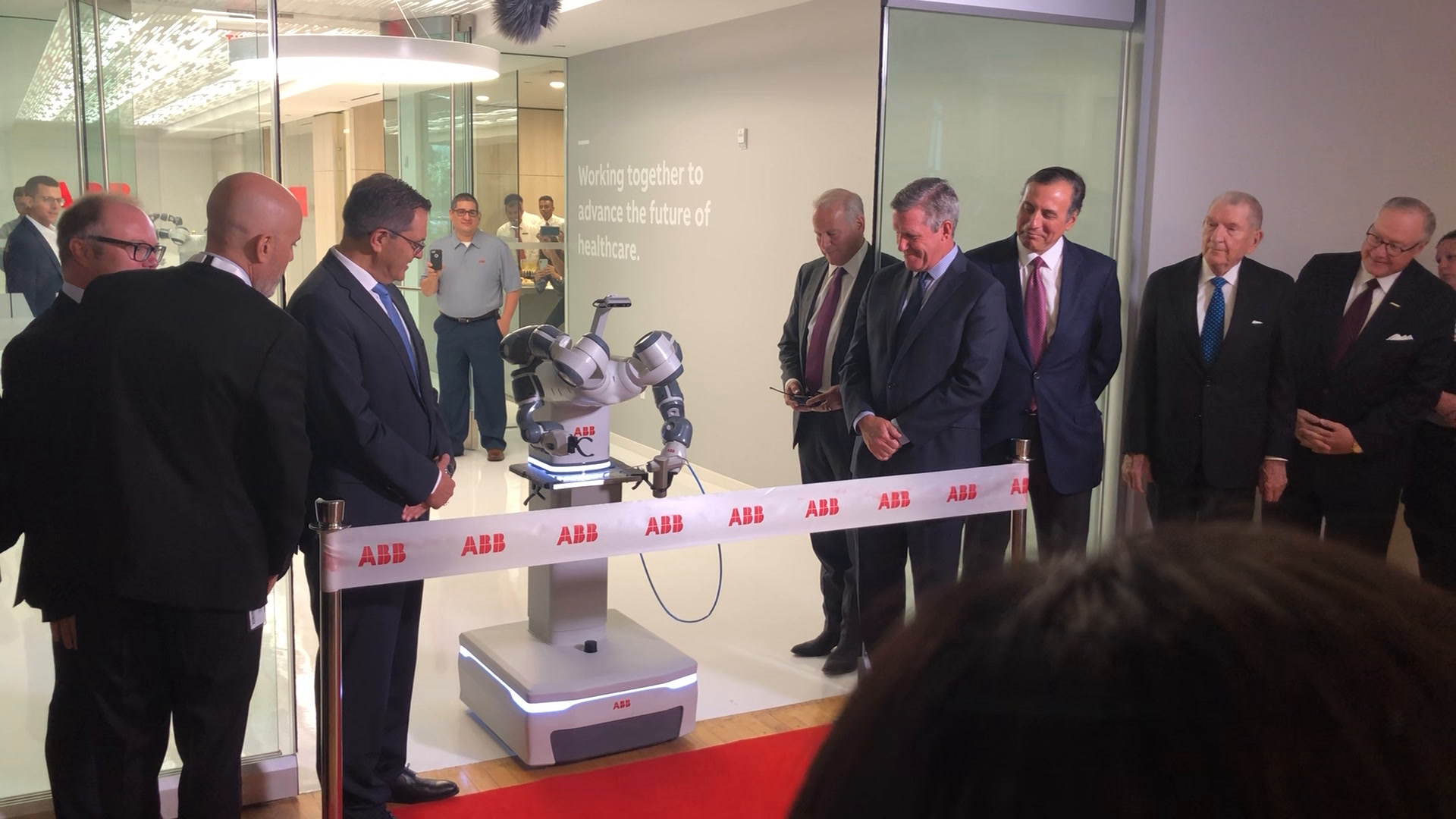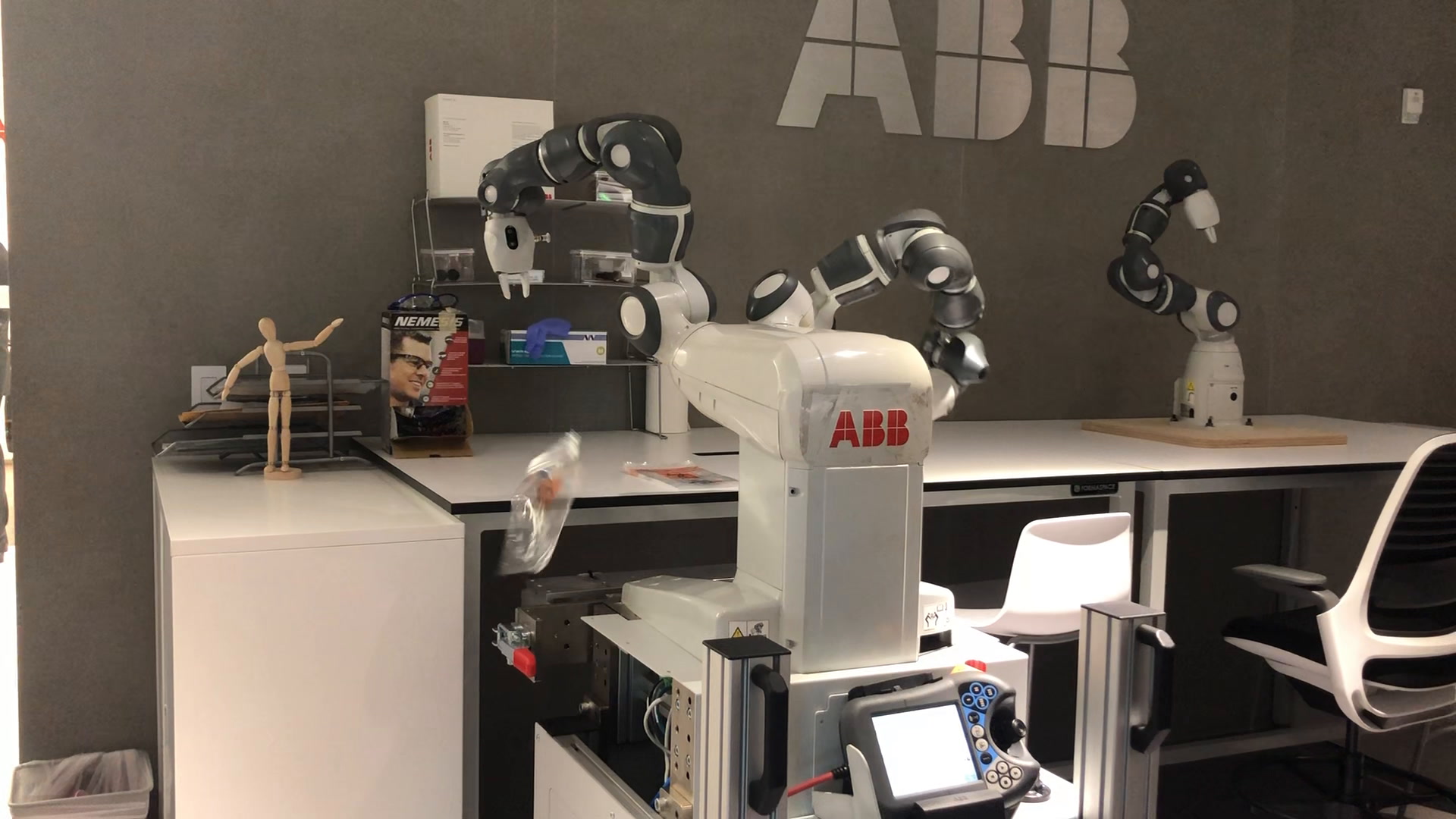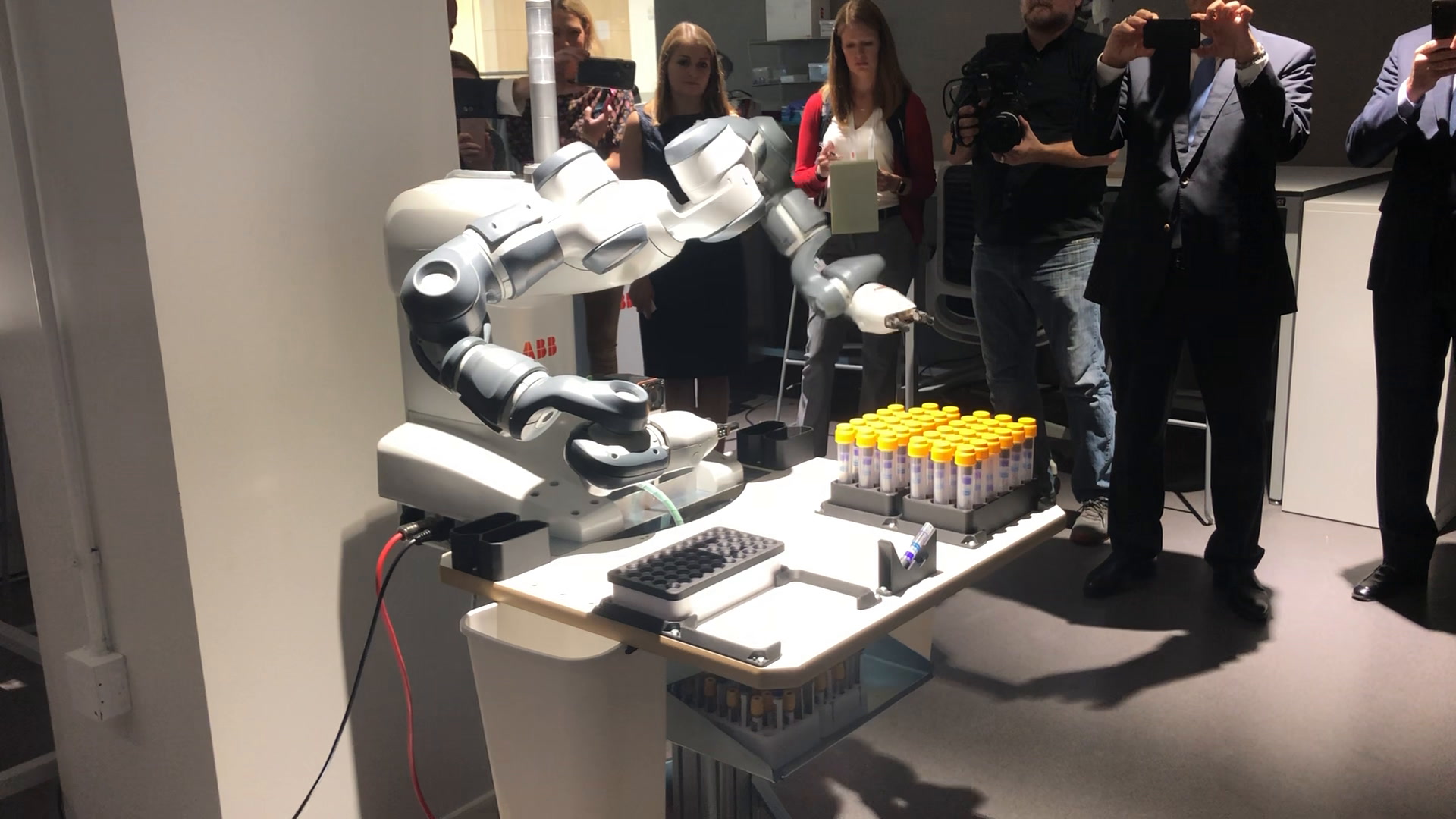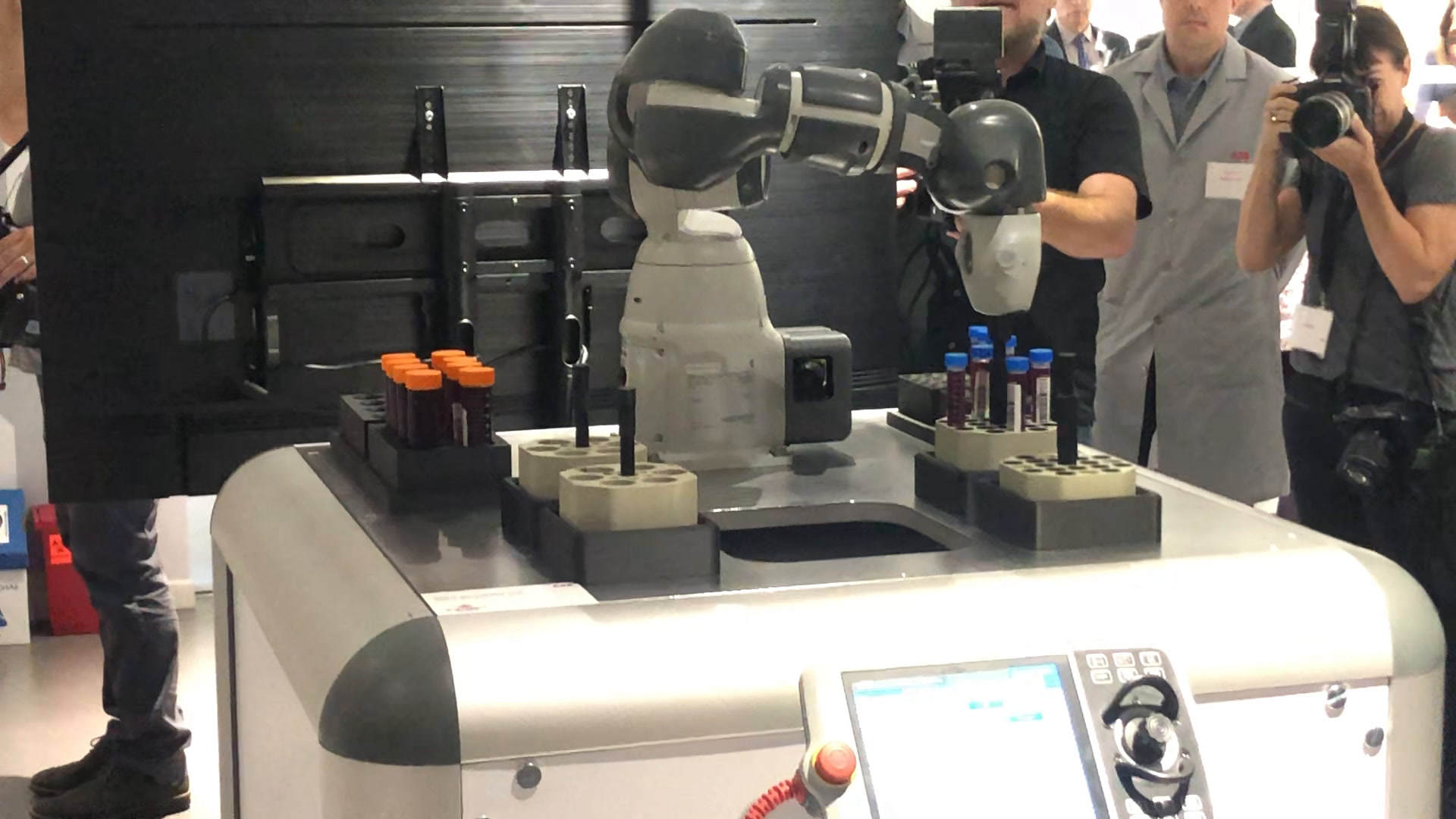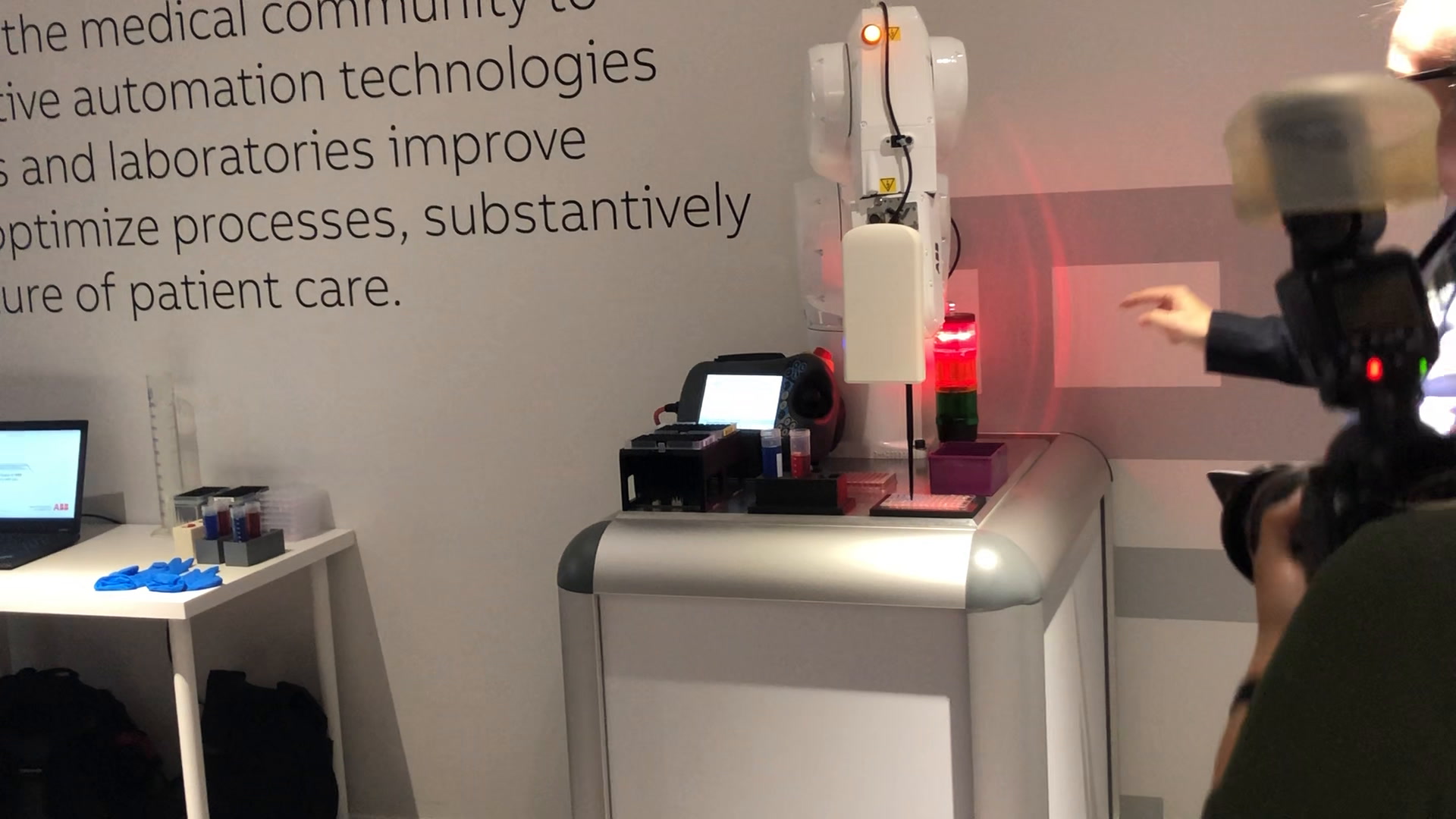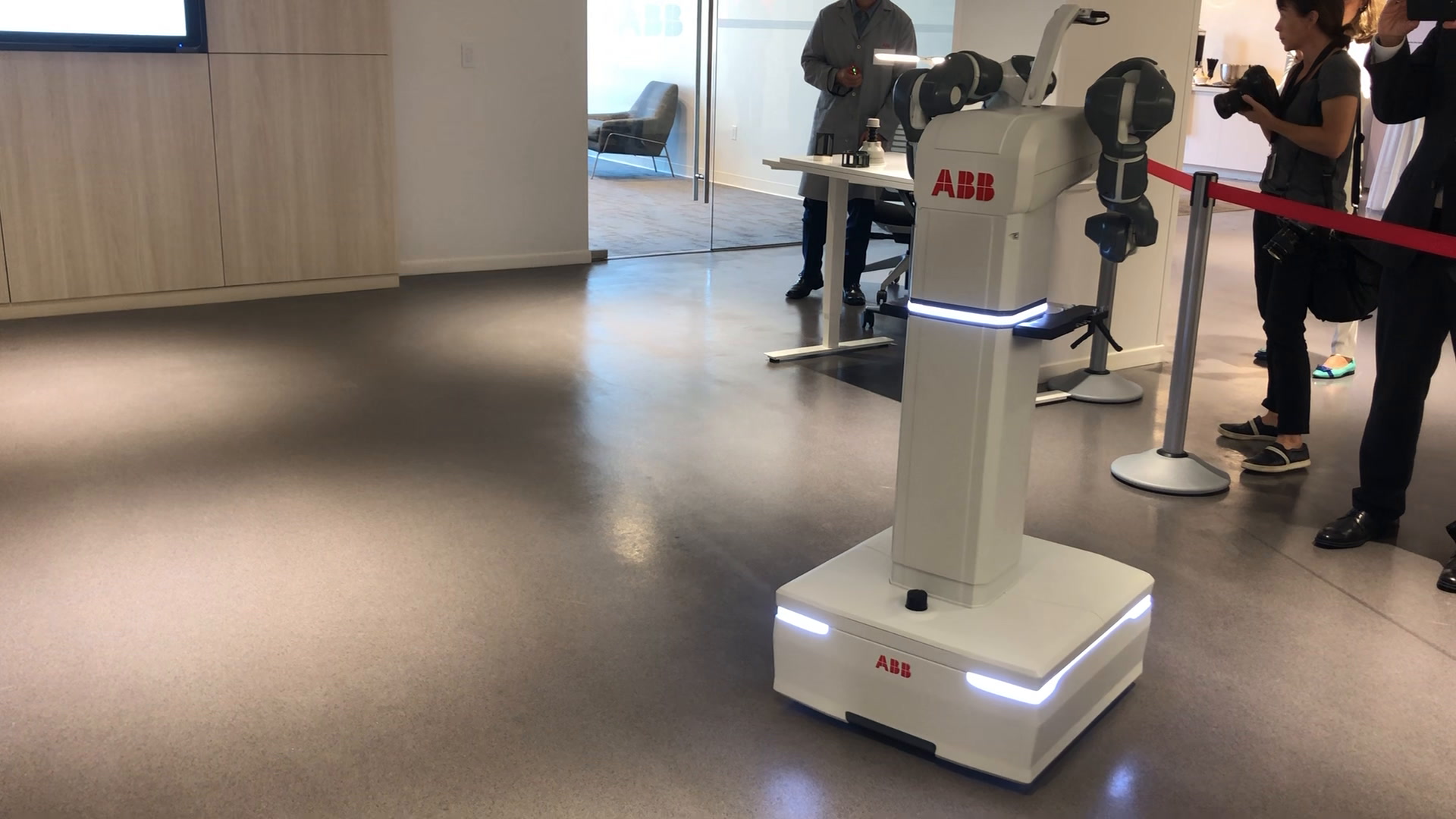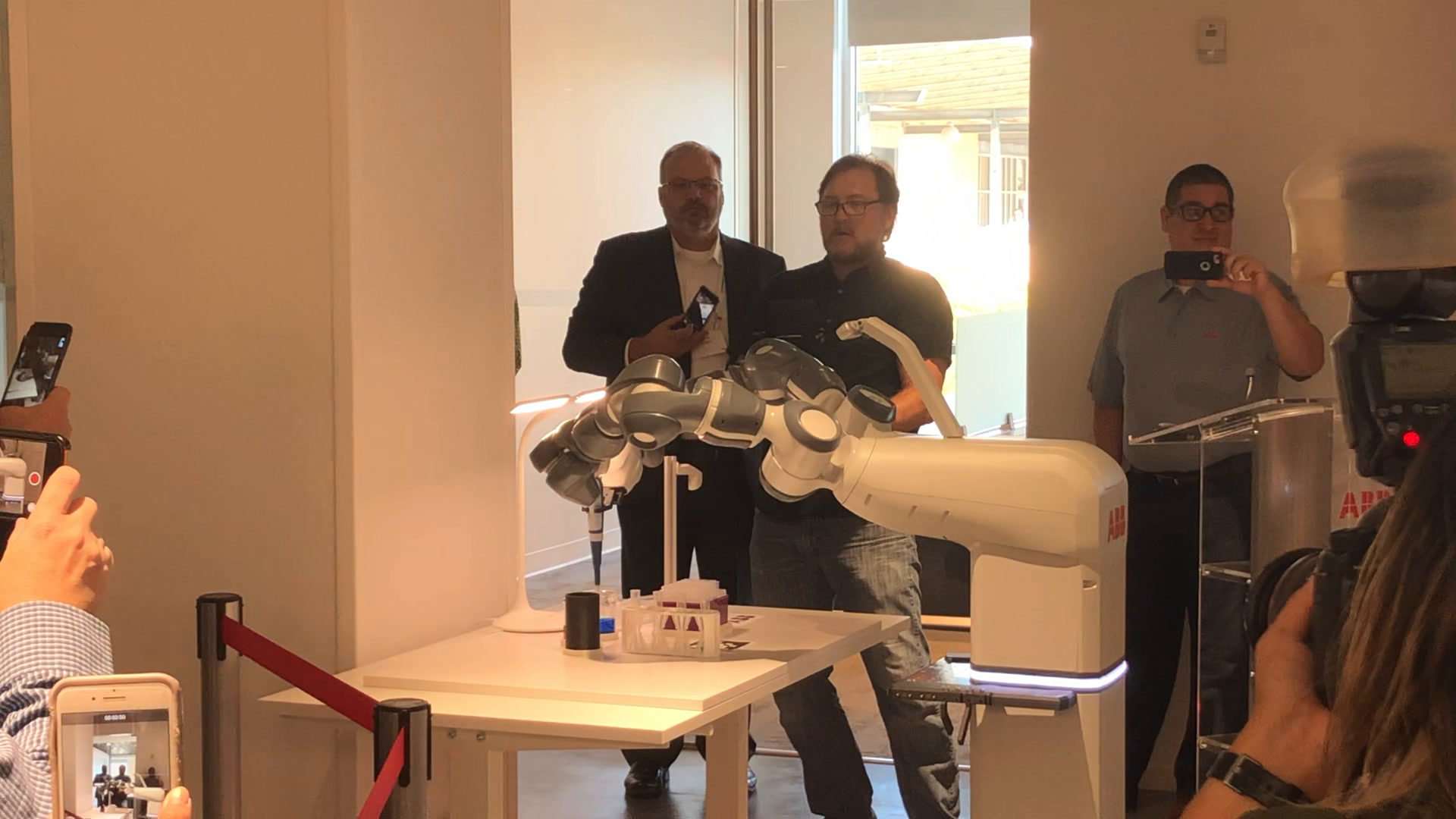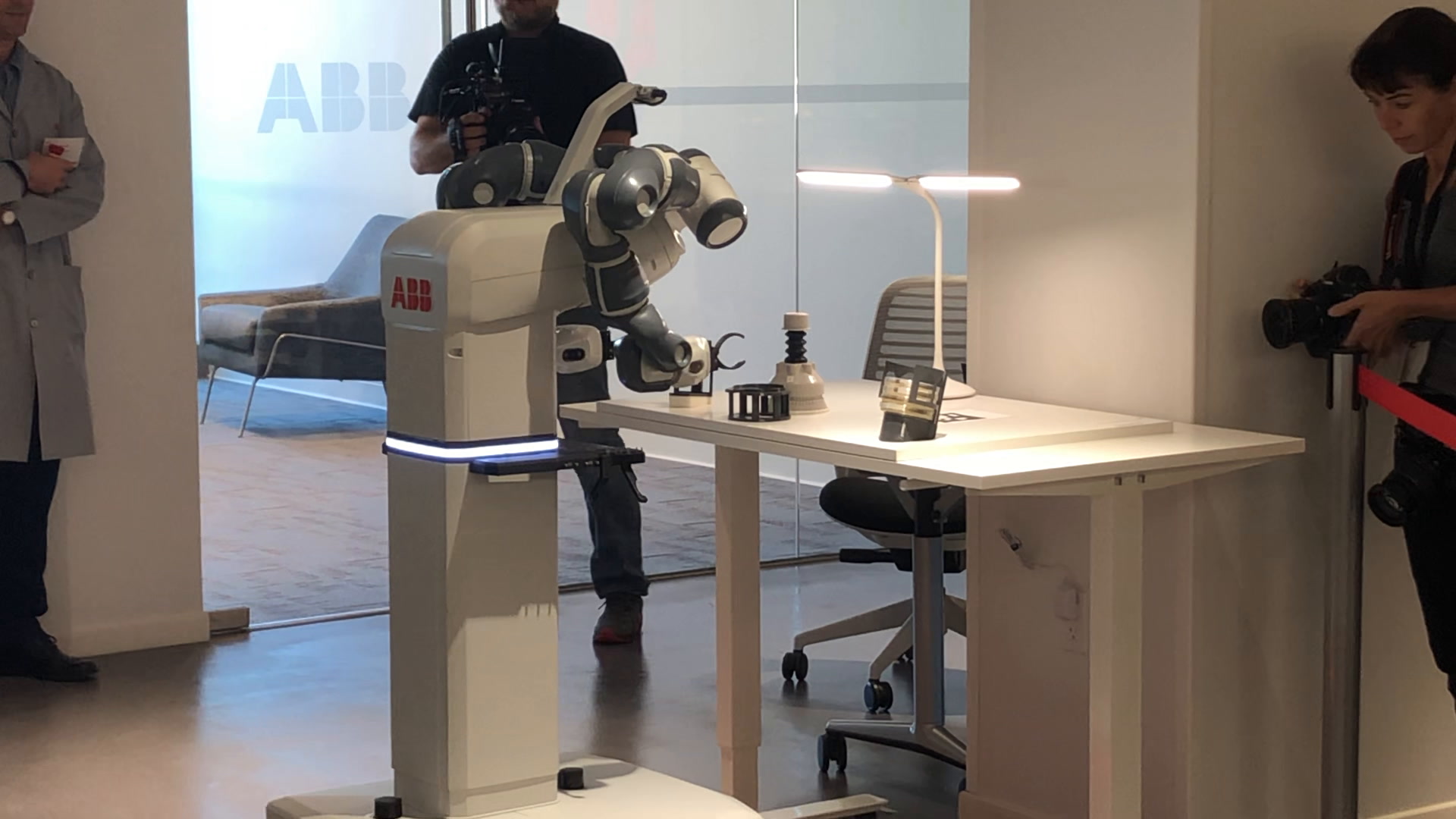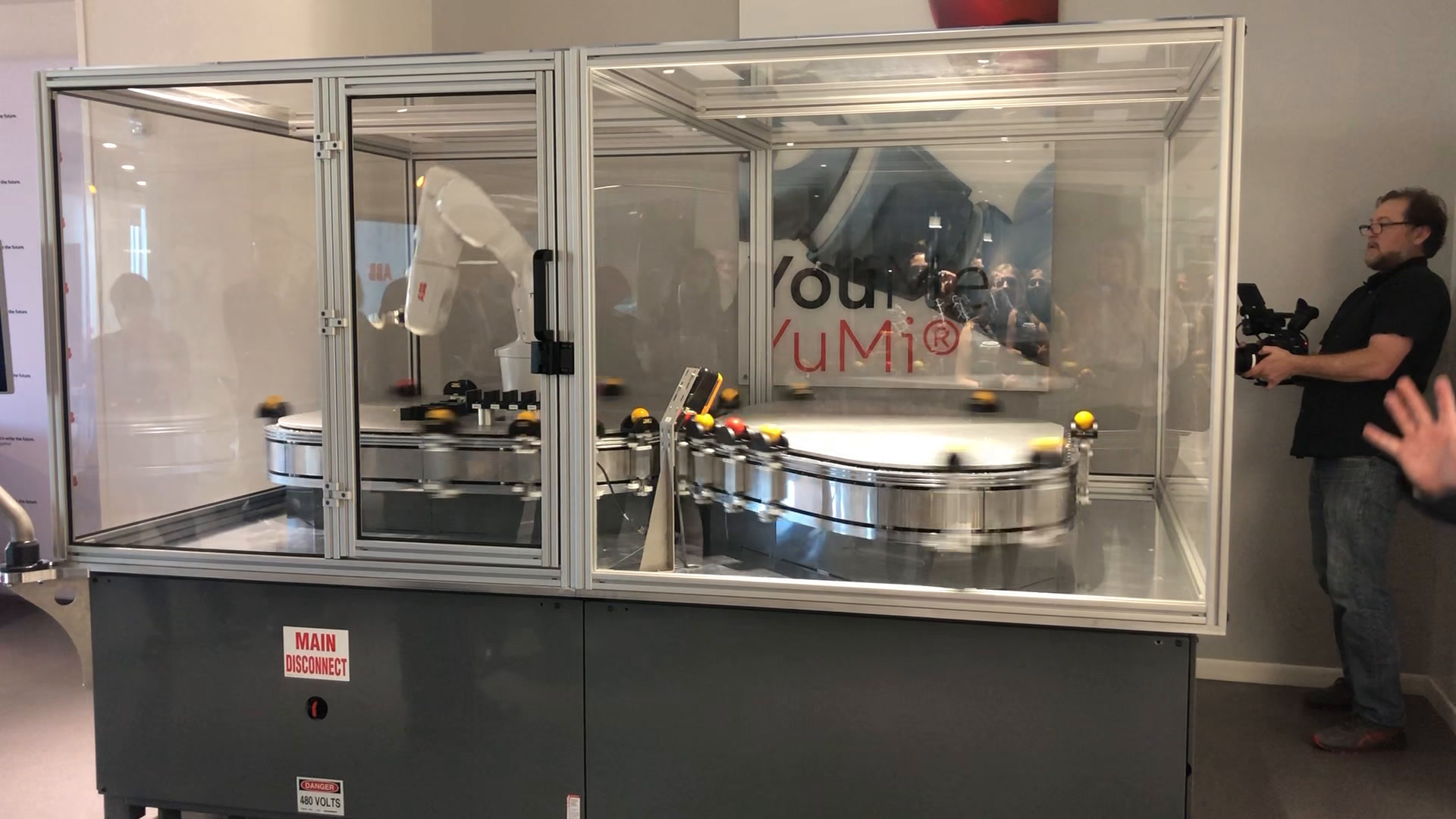It was a busy week for people — as well as robots — in the Houston innovation ecosystem.
From a news roundup with funding, academic awards, and more to robots moving in at the Texas Medical Center and the second episode of the Houston Innovators Podcast dropping, here are this week's trending innovation news stories. Check them out if you missed them.
3 Houston innovators to know this week

NASA technology is up for grabs and InnovationMap has a new podcast — here are some innovators to know this week. Courtesy photos
Another Monday means another weekly roundup of who's who in Houston innovation.
This week, we have our first Houston Innovators Podcast guest to feature, as well as a NASA expert who wants to loan you space technology. Click here to continue reading.
Investment group director calls for more startup funding out of Houston

Samantha Lewis is the director at The Goose Society of Texas. Courtesy of Samantha Lewis
A key factor in growing an innovation ecosystem is having the funds to fuel startup growth. Samantha Lewis, director for The GOOSE Society of Texas — a local group of investors — and an entrepreneur herself, is calling on the city's players to help move the needle.
"We have to think about getting more capital available for companies that add strategic value to Houston," Lewis says on the second episode of the Houston Innovators Podcast. Click here to read more and listen to the podcast.
Videos: Robotics company unveils its Houston operation at the Texas Medical Center

ABB's mobile YuMi robot cut the ribbon on its new home in the Texas Medical Center. Cody Duty/TMC
Houston has a new fleet of robots training to better streamline health care operations. ABB Robotics cut the ribbon of its Texas Medical Center incubator on Wednesday, October 9.
"This is really an exciting day for us at ABB because we are opening up our innovation hub in a globally unique place at the Texas Medical Center," says Sami Atiya, president of Robotics and Discrete Automation at ABB, at the grand opening event. Click here to continue reading and view videos of the robots.
Houston health tech company raises $8M, former WeWork exec has a new gig, UH programs recognized, and more innovation news

UH's business school has been recognized for innovation and entrepreneurship. Photo via bauerticker.uh.edu
Hitting headlines this month are innovation news stories from sustainability and education to funding and startup competitions.
In this innovation news roundup, two health-focused startups raise money, the University of Houston earns two pats on the back, a Houston-based former WeWork exec joined the C-suite of a sustainable clothing company, and more. Click here to read more.
5 investor red flags to look out for, according to this University of Houston expert

Keep an eye out for these warning signs when looking for funding. Miguel Tovar/University of Houston
Venture capitalists give you plenty of reason to be on the look out for investor red flags.
In The Parable of the Scorpion and the Frog, the frog entrusts the scorpion not to sting it while it helps the scorpion cross a lake. The scorpion promises not to sting the frog, reasoning that both would drown. The scorpion stung the frog anyway. As a result, both drowned. The moral of the story is that a scorpion, like any animal, is true to its nature. Click here to continue reading.

